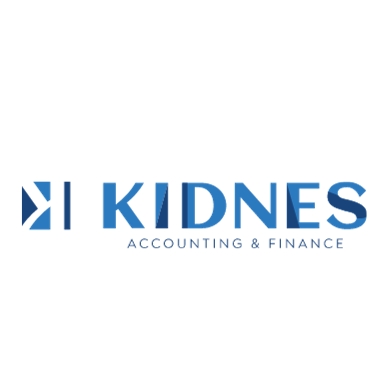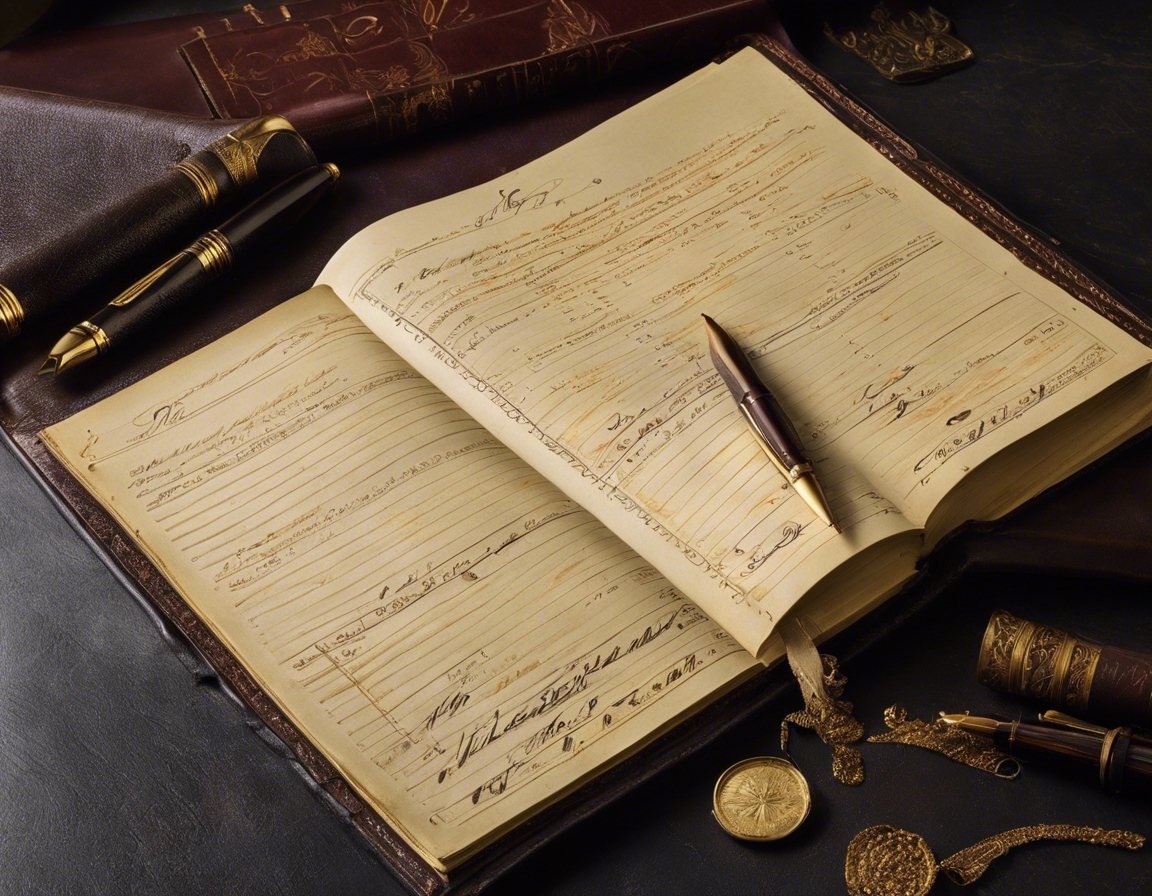Accounting best practices for estonian smes
Estonia is renowned for its digital innovation and ease of doing business, which extends to its accounting practices. The country adheres to the International Financial Reporting Standards (IFRS) for listed companies and the Estonian Generally Accepted Accounting Principles (GAAP) for SMEs, ensuring transparency and comparability of financial information.
For SMEs, maintaining accurate accounting records is not just a legal requirement but also a cornerstone for making informed business decisions, securing financing, and managing cash flow effectively.
Setting Up Your Accounting System
Selecting the appropriate accounting software is crucial for efficiency. It should be user-friendly, compliant with Estonian regulations, and capable of integrating with other digital tools used within the business.
Estonia's e-Residency program allows for the management of a company's financial affairs online, from anywhere in the world. This is particularly beneficial for non-resident entrepreneurs who wish to operate an Estonian SME.
Understanding the VAT system and taxation requirements is essential for compliance. SMEs must register for VAT if their taxable turnover exceeds the threshold set by the Estonian Tax and Customs Board.
Maintaining Accurate Records
Consistent bookkeeping is vital for tracking financial performance. This includes recording transactions, reconciling bank statements, and monitoring accounts receivable and payable.
Proper management of invoices and receipts ensures that all financial transactions are accounted for and that the business is prepared for tax time.
Accurate payroll processing and compliance with employment tax regulations are critical to avoid penalties and ensure employee satisfaction.
Financial Reporting and Compliance
Financial statements provide insights into the company's financial health and are required for annual reporting. SMEs should prepare balance sheets, income statements, and cash flow statements regularly.
All Estonian companies are required to submit annual reports to the Commercial Register. These reports must be prepared in accordance with Estonian GAAP or IFRS.
While not all SMEs are subject to mandatory audits, implementing internal controls and periodic audits can help detect discrepancies and prevent fraud.
Optimizing Tax Strategies
Estonia offers various tax incentives and deductions that SMEs can take advantage of. Staying informed about these opportunities can significantly reduce the tax burden.
Proactive tax planning helps SMEs avoid last-minute stress and optimize their tax position. This includes estimating tax liabilities and setting aside funds for tax payments.
Partnering with Accounting Professionals
Accountants and financial advisors play a crucial role in ensuring that SMEs adhere to best practices in accounting and stay compliant with local regulations.
While many accounting tasks can be managed internally, there are times when it is prudent to seek professional help, such as during complex transactions, tax audits, or when entering new markets.






Comments (0)